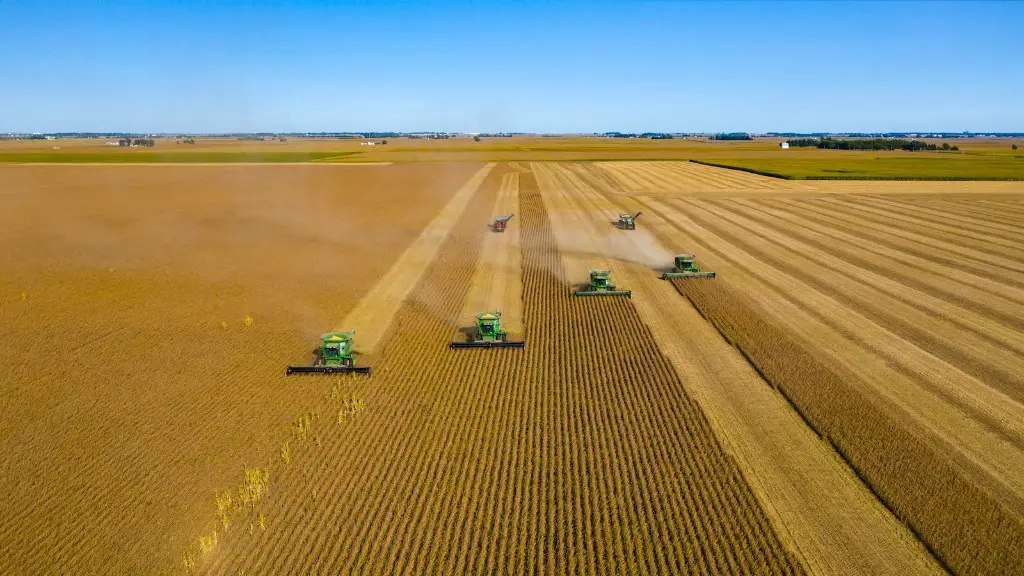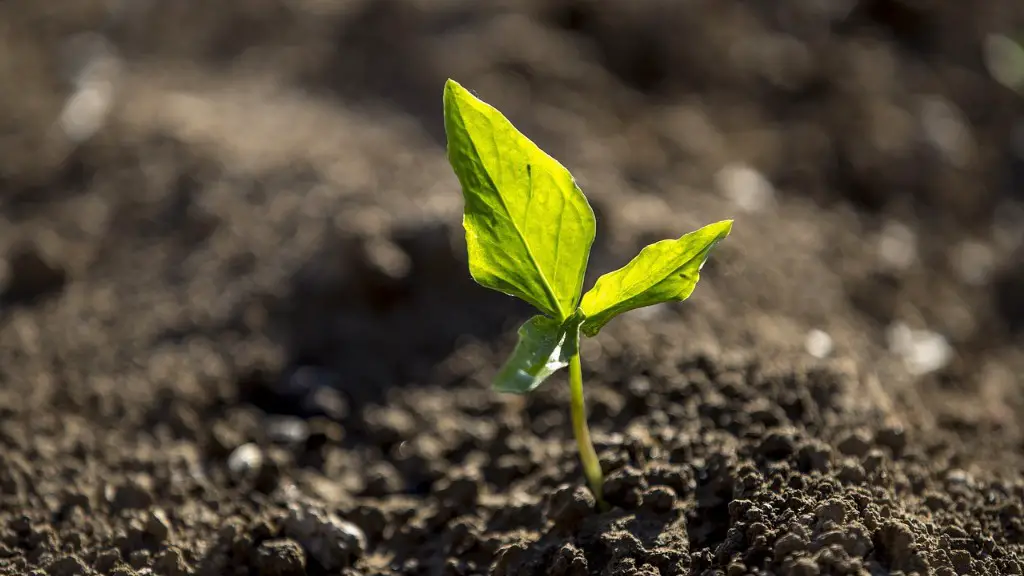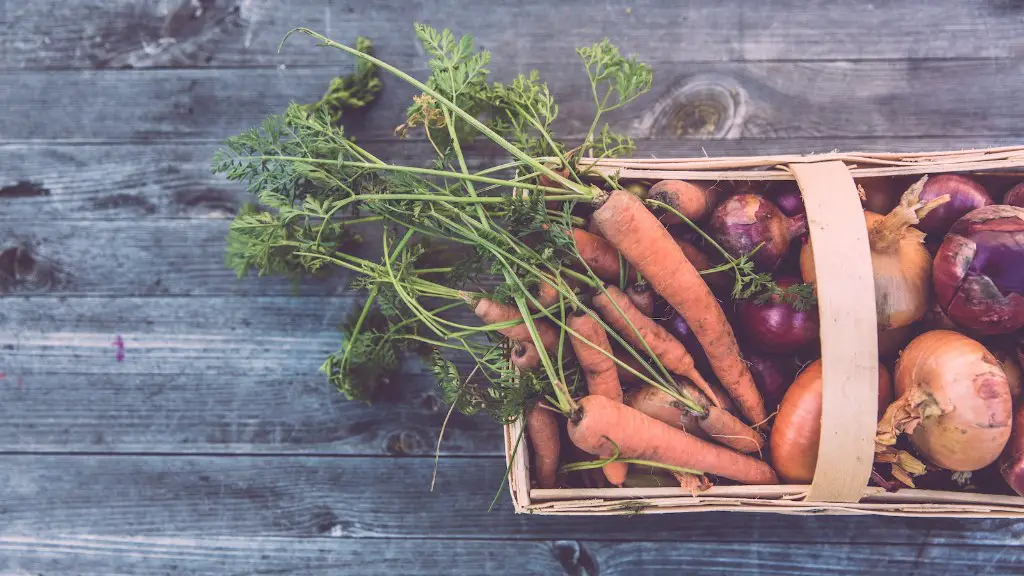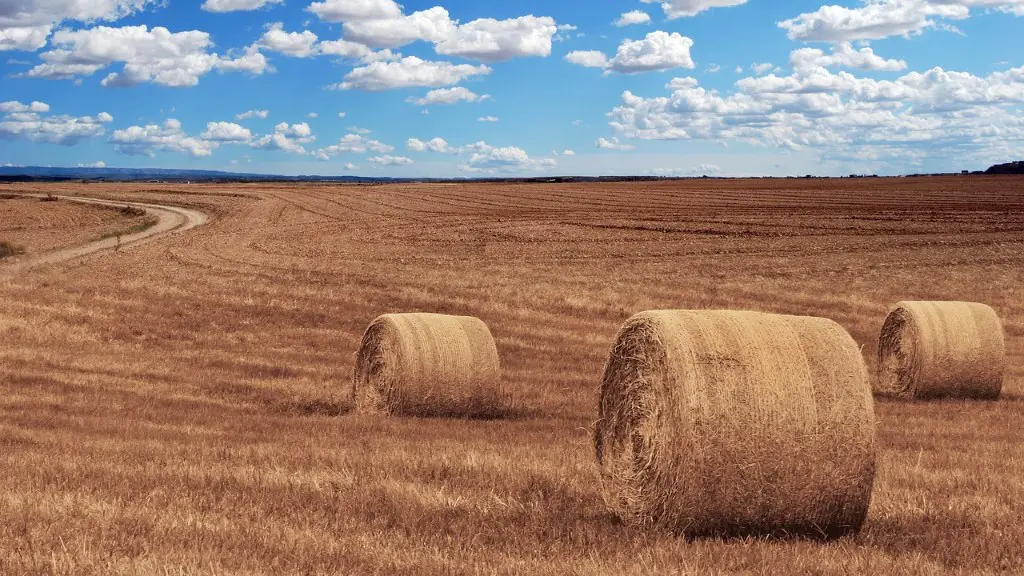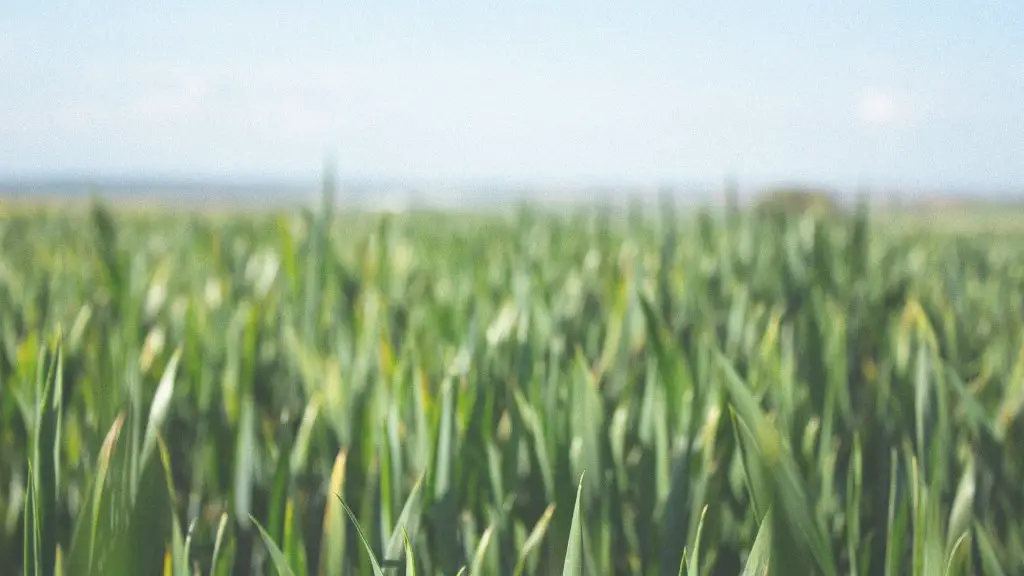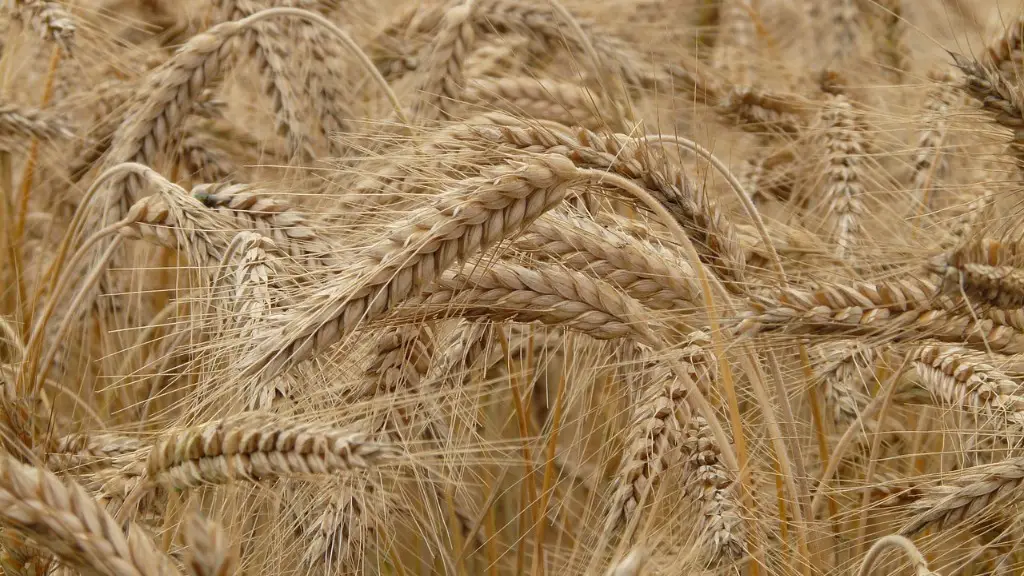Agriculture is one of the leading causes of water pollution. In the United States, agriculture is responsible for approximately 80% of the total water pollution. Agriculture can add to water pollution in a number of ways, including: animal waste, chemical fertilizers and pesticides, and soil erosion. Animal waste can contaminate water with bacteria, viruses, and parasites that can cause disease. Chemical fertilizers and pesticides can runoff into nearby water sources, polluting them with harmful toxins. Soil erosion can also lead to water pollution, as it can carry sediment and chemicals into waterways.
Agricultural runoff is a major source of water pollution. When rain falls on farmland, it can pick up fertilizers, pesticides, and other chemicals used in agriculture, which can then be carried into rivers, lakes, and aquifers. This can lead to the degradation of water quality, making it unsafe for human use or for supporting aquatic life.
How does agriculture contribute to water pollution?
Irrigation can move salt and other dissolved minerals to surface water. This is a problem because it can lead to contamination of drinking water and make it difficult for plants to grow. Livestock operations produce large amounts of waste, which if not properly disposed, can threaten human health as well as contribute to excess nutrient problems in streams, rivers, lakes, and estuaries. This is a problem because it can lead to algae blooms and eutrophication, which can deplete oxygen levels in the water and make it difficult for aquatic life to survive.
Agriculture’s role in air pollution has come under scrutiny in recent years. Smoke from slash and burn agriculture, and the production of silt, ash, and soil dust from activities like tillage, transporting, and harvest, contaminate the air with particulate matter. These particulates can have negative impacts on human health, and contribute to climate change. Agricultural air pollution is an important issue to consider in developing sustainable and environmentally friendly farming practices.
What are 3 ways that agricultural land can cause water pollution
Agricultural runoff is a major environmental issue. It occurs when farmers overgraze their land, overwork it, or apply pesticides, irrigation water, and fertilizer ineffectively. This can lead to water contamination and soil erosion.
Agricultural pollution has many different sources. Nitrogen-based fertilizers can produce potent greenhouse gases and can overload waterways with dangerous pollutants. Chemical pesticides with varying toxicological effects can contaminate our air and water or reside directly on our food.
Is agriculture the leading cause of pollution?
Farms in the United States are responsible for more than 90 percent of airborne ammonia pollution, mostly from fertilizers and livestock manure. This pollution can have harmful effects on human health, as well as on the environment. Ammonia can contribute to the formation of ground-level ozone, which can cause respiratory problems, and can also lead to the contamination of water sources.
While large-scale, conventional farming can yield high production levels, it also comes with a number of negative impacts. One of the biggest problems is that it contributes to climate change. It also pollutes air and water, and depletes soil fertility. This type of farming is also very dependent on fossil fuels, pesticides, antibiotics, and synthetic fertilizers, which can all have harmful effects on the environment.
How much water is wasted in agriculture?
As water becomes increasingly scarce around the world, it is more important than ever for farmers to manage their water usage effectively. On average, farms around the world account for 70% of all water that is consumed annually. Of that 70% used by farmers, 40% is lost to the environment due to poor irrigation systems, evaporation, and overall poor water management. This is a significant problem that must be addressed in order to preserve our limited water resources.
Water pollution is one of the biggest environmental problems in the world today. There are a number of main causes of water pollution, including global warming, deforestation, industry, agriculture and livestock farming, rubbish and faecal water dumping, maritime traffic and fuel spillages. All of these activities have a negative impact on the quality of water, making it unsafe for human consumption and damaging to the environment.
Global warming is thought to be one of the main causes of water pollution. As the Earth’s temperature increases, the ice caps are melting and this causes a rise in sea levels. This results in water contamination as salt water mixes with fresh water, making it unsuitable for human use. Additionally, the warmer temperatures are also thought to be causing an increase in the number of harmful toxins and chemicals being released into the water.
Deforestation is another major cause of water pollution. When trees are cut down, the land is left exposed and this can cause run-off from rainfall to pick up pollutants such as pesticides and fertilisers, which are then carried into waterways. This can have a devastating effect on the quality of the water and the wildlife that lives in it.
Industry, agriculture and livestock farming are all major contributors to water pollution.
How can we prevent water pollution from agriculture
It is crucial to take measures to prevent nutrient losses from fields that border water bodies. Planting grasses, trees and fences along the edges of these fields can act as buffers and help to filter out nutrients before they reach the groundwater. Reducing tillage of the fields can also help to reduce runoffs, soil compaction and erosion.
Pesticides, fertilizers, and other toxic farm chemicals can have a major impact on the environment. They can poisoning fresh water, marine ecosystems, air and soil. They also can remain in the environment for generations. Many pesticides are suspected of disrupting the hormonal systems of people and wildlife. Fertilizer run-off impacts waterways and coral reefs.
How does agriculture affect environmental pollution?
Agricultural emissions, such as ammonia, toxic organic compounds, pesticides and particulates, can have a negative impact on air quality, which in turn can have direct implications for human health. Agriculture is responsible for approximately 30% of all acidifying emissions and 90% of ammonia emissions in Western Europe (Erisman et al, 2008). Therefore, it is important to take measures to reduce these emissions in order to improve air quality and protect human health.
Soil fertility is being lost as a result of agricultural practices. This is resulting in less productive land and less food being produced.
Eutrophication is occurring as a result of agricultural runoff, which is polluting water bodies. This is causing an increase in algae growth and a decrease in oxygen levels, which is harmful to aquatic life.
Deforestation is occurring as a result of agriculture, as land is being cleared for crops and livestock. This is causing a loss of habitat for wildlife, as well as contributing to climate change.
Climate change is being caused by agriculture, as greenhouse gases are being released from the burning of fossil fuels and the clearing of land for agriculture. This is causing the Earth’s temperature to rise, which is resulting in extreme weather conditions and a loss of habitat for many species.
Pesticide pollution is occurring as a result of the use of pesticides in agriculture. This is causing a build-up of toxins in the environment, which can be harmful to both humans and animals.
How does agriculture affect water levels
The erosion of agricultural land can have a profound impact on fish spawning and the amount of light in the water. This is because the erosion of soil particles and fine silt can alter the ecological processes that determine the flow of water within rivers. This can lead to an increased flood risk.
Agricultural runoff is one of the leading causes of water pollution. Runoff can contain harmful pesticides, fertilizers, and other chemicals that can pollute lakes, rivers, and marine beaches. Runoff can also contaminate groundwater, which is the source of drinking water for many communities. Landowners can prevent runoff by using best practices that keep soil and other pollution out of streams and rivers.
How do agricultural activities affect water?
There may be surface runoff of pesticides, fertilizers and manure, or leaching of nitrogen into groundwater, the fate of which is discharge to surface water bodies. This means dissolved contaminants will eventually find their way into lakes, rivers or the ocean. Pesticides, fertilizers and manure can contain harmful chemicals that can be harmful to people, plants and animals. When these chemicals dissolve in water, they can contaminate drinking water supplies, pollute waterways and harm aquatic life.
Water pollution can come from a variety of sources, both natural and man-made. Industrial sites and agricultural activities are some of the major sources of water pollution. Marine dumping, oil spills and leaks, and radioactive waste can also pollute water. Global warming is another major factor that can contribute to water pollution.
What are the three main sources of water pollution
Water pollution is a very serious issue and it is important to be aware of the main causes of water pollution. As mentioned, addition of waste products from homes, agriculture, and industries are the main sources of water pollution. pollutants can come from a variety of sources, but the end result is the same – contaminated water that is harmful to humans, animals, and the environment.
Water pollution occurs when contamination seeps into water sources, making them unsafe for human or animal use. Common sources of water pollution include sewage, agriculture, oil and radioactive substances. Pollution can also come from river dumping and marine dumping.
Warp Up
Agricultural activities are a major source of water pollution. Agricultural runoff can contain a variety of harmful chemicals, including pesticides, herbicides, and fertilizers. These chemicals can contaminate water supplies and lead to health problems for humans and animals. Agricultural runoff can also cause oxygen depletion in waterways, leading to the growth of harmful algae.
Agriculture contributes to water pollution in a number of ways. Pesticides and herbicides can runoff from fields and contaminate water sources. Animal waste can also pollute water sources. Fertilizers can encourage the growth of harmful algae blooms. Overall, agriculture can have a significant impact on water pollution.
